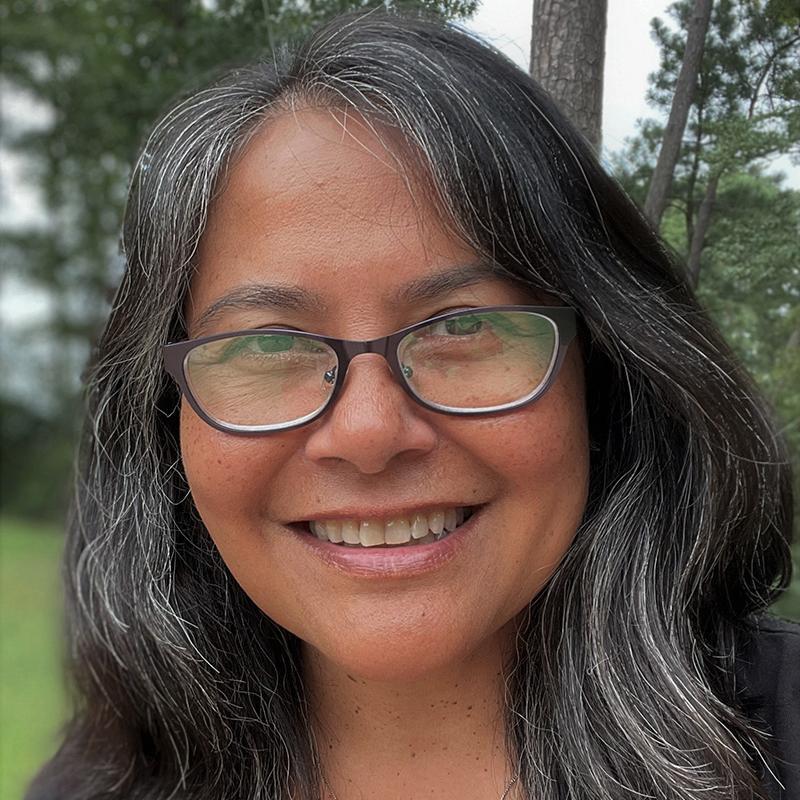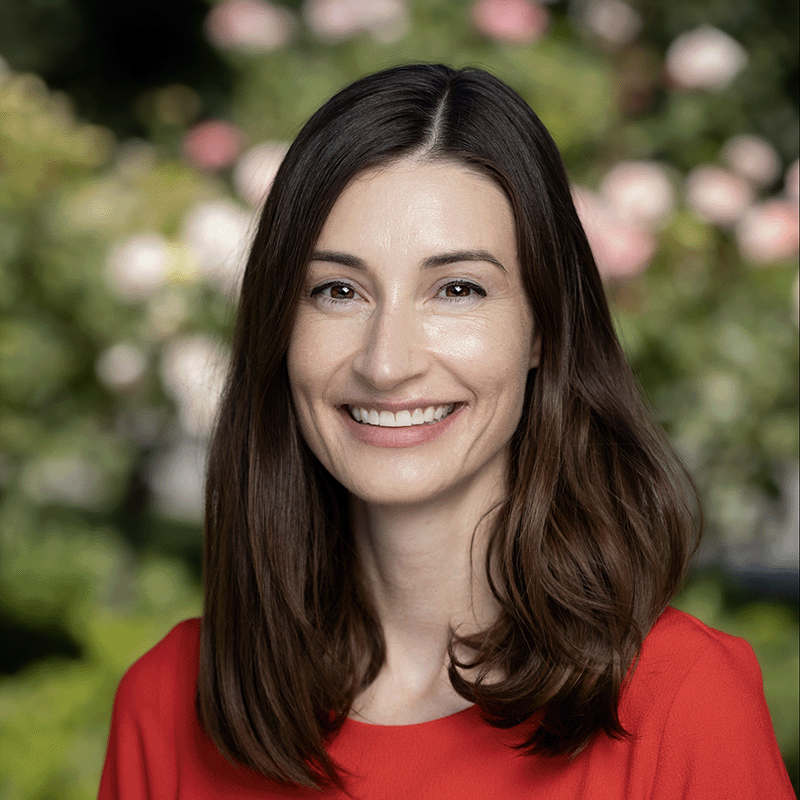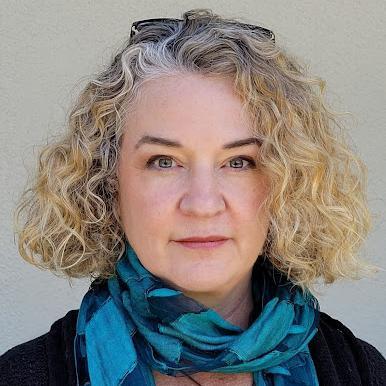Introducting New Faculty
This fall we welcomed several new faculty to our department, who are teaching a wide variety of subjects, including LatinX theologies, Buddhism, and Christian theology and literature. We are fortunate to have such an outstanding group of faculty, both to expand our course offerings and to resource our foundational courses that introduce students to the study of religion. They are also excellent colleagues. We hope you enjoy learning a little bit more about them.

Christopher Tirres - Visiting Professor
Buckley Visiting Chair in Latinx Theology
Christopher Tirres (B.A., Princeton University; Ph.D., Harvard University) is interested in the liberating potential of everyday spiritualities. He explores this topic through multiple disciplinary perspectives, including liberation theology, philosophical pragmatism, ritual studies, decolonial thought, women of color feminism, and critical pedagogy. Dr. Tirres is the author of The Aesthetics and Ethics of Faith: A Dialogue Between Liberationist and Pragmatic Thought (Oxford, 2014), Liberating Spiritualities in the Américas (Fordham University Press, forthcoming), and co-editor of Religion in the Americas: Transcultural and Trans-hemispheric Approaches (University of New Mexico Press, forthcoming). He has published over forty articles and book chapters and has received multiple teaching awards, as well as major fellowships from the Ford Foundation, the Hispanic Theological Initiative, and the Louisville Institute. A native of El Paso, Texas, he recently delivered the distinguished John Dewey Memorial Lecture, which pays tribute to the healing power of borderlands spirituality.

Christina Atienza, O.P.
Christian Theology, Buddhist-Christian Comparative Theology, Interreligious Studies, Religious Life
Christina Atienza, a Dominican Sister of San Rafael, received her M.A. in Interreligious Studies and Ph.D. in Comparative Religion from the Graduate Theological Union and Jesuit School of Theology in Berkeley. Her research focus is on comparative studies of Sōtō Zen and Tibetan Vajrayāna Buddhism and Roman Catholicism at the intersection of theologies of religious life and human flourishing, altruism, and lived religion.
Born and raised in Manila, Philippines, she immigrated with her family to the San Francisco Bay Area in her late teens. Prior to becoming a religious sister, she enjoyed a long career as a professional civil and traffic engineer and long-range transportation planner, having received her B.S. and M.S. in Civil Engineering from the University of California at Berkeley. As a religious sister, she has served as a campus minister at Dominican University of California and is deeply interested in the ongoing evolution of the identity of American women religious since Vatican II.

Justina Torrance
Christian theology; religion and society; religion and literature, ethics and politics
Justina Torrance studies (among other things) how people can manage to ignore facts that do not fit their worldviews. Her current research project draws together Herman Melville, James Baldwin, and Toni Morrison—thinkers and writers not often examined together, but who share deep connections—to analyze the social and political effects of this ignorance.
Justina received her BA with distinction in psychology from Stanford University, where she worked in a lab that studied willpower and temptation. Then she decided she wanted to pursue moral and ethical questions in ways not limited by quantitative methods, so she earned a coterminal MA in religious studies from Stanford and later an MTS from Harvard Divinity School. She received her Ph.D. in religion and society from Harvard University in 2022.
Her publications include contributions to the Cambridge Handbook of Ethics and Education (forthcoming 2023), A New Companion to Herman Melville (Wiley-Blackwell 2022), and an article on moral perception in the work of American philosopher William James (WJS), which won the William James Society’s Young Scholar Prize in 2020.

Eric Haynie
Buddhism, Tibetan Buddhism
Eric Haynie received his B.A. in Religious Studies from Occidental College, his M.A. in Religious Studies from the University of Colorado at Boulder, and his Ph.D. in Buddhist Studies from the University of Michigan. His research explores the assembling of religious tradition in early-modern Tibet, with special focus on inter-sectarian entanglements in the eastern Tibetan region of Kham. At both the University of Colorado and the University of Michigan he has taught courses on Asian religions, Buddhism, Zen, Tibetan Buddhism, yogins in the Buddhist Himalayas, and Buddhism in the digital age.
At Santa Clara University, Eric manages the Instructional Technology group, directing instructional design and technology efforts on campus to support and expand digital pedagogy.

Colette Walker
Buddhism in America
Colette Walker received her B.A. from the University of Southern California, her M.A. in Art History from the University of Delaware, and her Ph.D. in Art and Religion from the Graduate Theological Union. Her research focuses on the intersections between art, religion and social change in the modern era, as well as on transculturality and interreligious dialogue in the development of modern expressions of Buddhism and Hinduism, and of new religious movements in the U.S. and Europe.